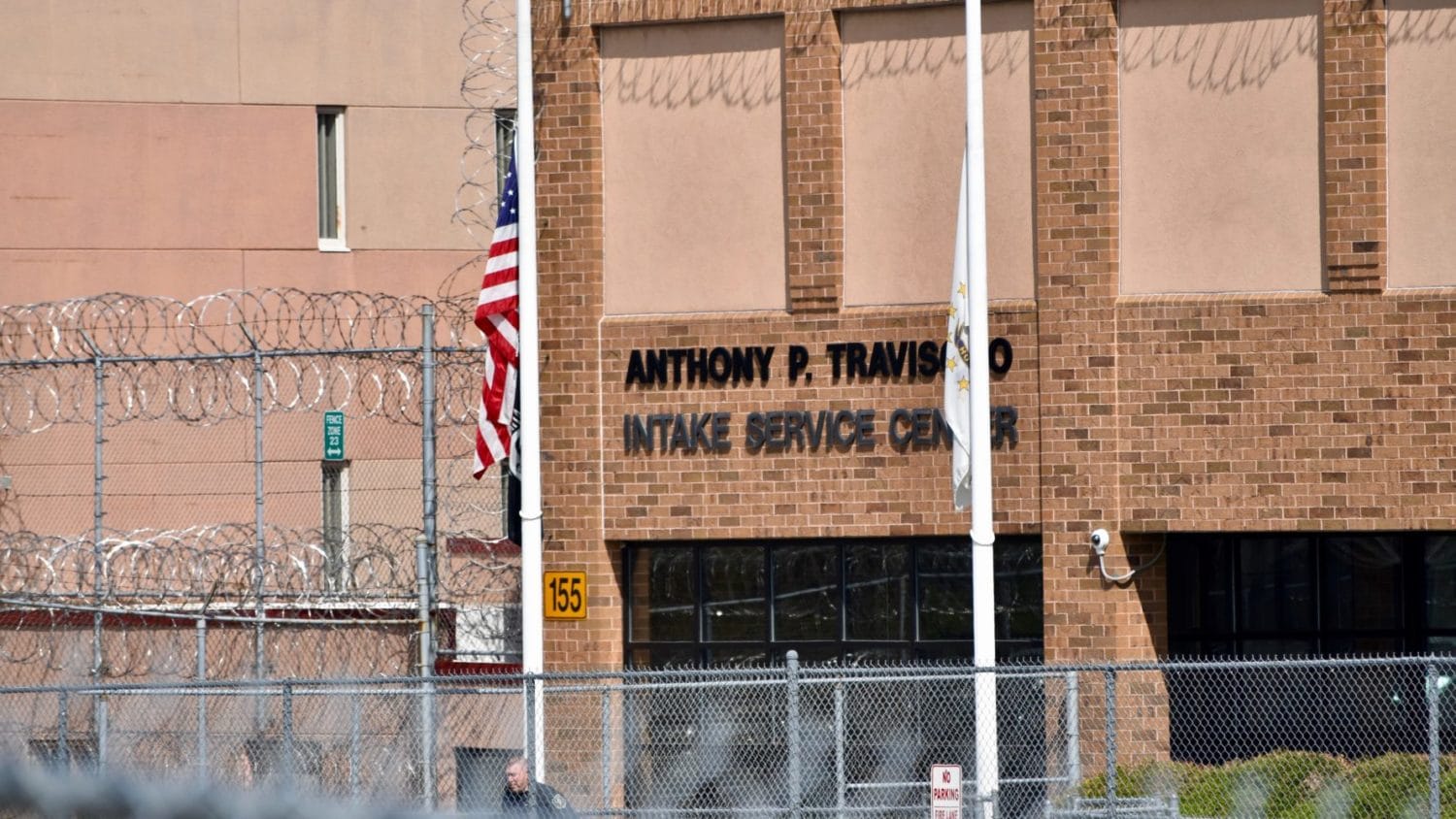Mario Monteiro: Sentenced as a juvenile to life in prison
“I believe it is important to acknowledge the wrongdoing, but it may be just as important to know who I was before my crime, who I have become since, and about who I have become: the growth, the maturity, the remorse.” On Tuesday the House Judiciary Committee will be hearing testimony on H5333, an act that would allow prisoners who
March 2, 2019, 11:51 am
By Steve Ahlquist
“I believe it is important to acknowledge the wrongdoing, but it may be just as important to know who I was before my crime, who I have become since, and about who I have become: the growth, the maturity, the remorse.”
On Tuesday the House Judiciary Committee will be hearing testimony on H5333, an act that would allow prisoners who committed offenses prior to age 18 and were sentenced as adults to be eligible for parole after completing 15 years of their sentence. The act would not lengthen their parole eligibility should the prisoner be eligible for parole earlier than 15 years.
Last year I testified in favor of this legislation. A couple months later I received a letter from Mario Monteiro, a juvenile offender currently sentenced to die in prison. I am ashamed to say that this letter has sat on my desk, unanswered. I want to say that this is because I am so busy, but I truth, I don’t know how to respond.
At last years hearing, Monteiro’s Aunt, Dee Jensen, spoke about his life, and the crime that presently defines him. I wrote about her testimony:
Mario Monteiro is in his early thirties, said his aunt, Dee Jensen. He has already spent more than half his life behind bars. He lost his mother when he was ten, his father when he was eleven. Monteiro was left in the “care” of a friend of his father, who exposed the boy to years of physical abuse and neglect.
“He was forced to learn how to package drugs, cut them up, deliver them, how to hold them in his hand, hold it under his tongue, at the ages of 11, 12 and 13 years old,” Jensen told the House Judiciary Committee. “If he didn’t comply, if he didn’t do what they asked him to do, he was beat with a plastic baseball bat.”
In school Monteiro joined a gang, and two years later he was convicted of murder. “He murdered and innocent bystander who was sitting on a porch,” said Jensen. “By waving a gun around and acting like a crazy gang thug, 16 year-old person.”
In his 16 years of prison, Monteiro has nearly completed his associate’s degree. He reads constantly.
“Mario and people like him deserve to have the hope that someday they will have an adult life in society,” said Jensen. “This bill will allow him to be assessed by the skillful people on the parole board at the ACI, as any other inmate, to determine whether or not he has been rehabilitated.”
I will be testifying in favor of this bill once again, because to me a death sentence is a death sentence, whether by incarceration or execution.
Here’s Mario’s letter, in full:
“My name is Mario Monteiro. I am juvenile life serving time at the ACI. I was made aware of you from testimony you gave this past March at the State House in support of House Bill H7596 (Juvenile Sentence Reform). My Aunt also gave testimony at that same hearing, and she mentioned your support.
“I am writing because I have a request, but also to thank you for your support and bringing much needed awareness by posting the testimonies online (Urban League, UpriseRI) for your followers , and the general public. It is my hope that acts like that, and continued advocacy, will one day help get this legislation passed.
“I believe there is a lack of knowledge at the State House, and in the general public as to how this legislation will work when it’s passed (It will only give a chance at parole, no guarantees) and who would be given a chance (not Craig Price.)
“Often times the narrative (Providence Journal), when written about this legislation is not always accurate, and misleading. (Only a chance at parole, and not Craig Price.)
“When youth offender are mentioned, such as myself, the focus is only on our/may worst mistake.
“I believe it is important to acknowledge the wrongdoing, but it may be just as important to know who I was before my crime, who I have become since, and about who I have become: the growth, the maturity, the remorse.
“Steve, I would like to open a dialogue with you in hopes that my request can be considered. Thank you again for supporting [this legislation], and for your time. If you have any questions, or would like to respond, please contact me or my Aunt.
“Thank you again,
“Mario Monteiro #119613”
UpriseRI is entirely supported by donations and advertising. Every little bit helps:
Become a Patron!



